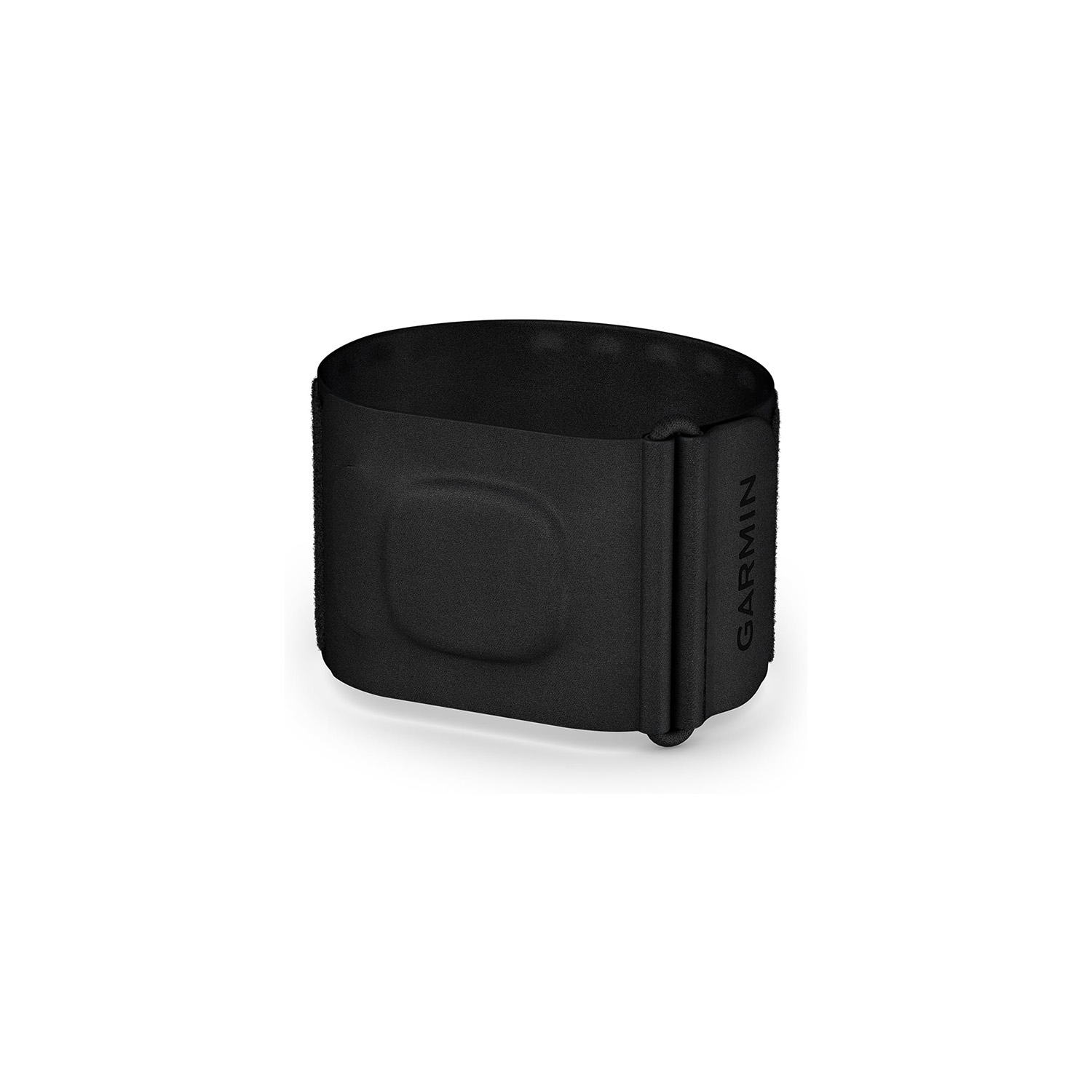Affiliate links on Android Authority may earn us a commission. Learn more.
I've taken a ton of sleep trackers to bed: These are my top picks for 2025
November 10, 2025
Sleep is one of the biggest keys to feeling your best and understanding your health, and I’ve tested a ton of sleep trackers to find out which actually work. From smartwatches and fitness trackers to earbuds and non-wearables, there are a lot of options offering a range of features. Here are the best sleep trackers worth your time (and money).
Fitbit Charge 6: The best sleep tracker overall


- Useful physical button
- Updated heart rate sensor
- All sport modes now on device
- Google app integration
- Built-in GPS unreliable
- Iterative changes compared to last year
- Heart rate broadcasting limited
- No altimeter
I’ve tested dozens of sleep trackers, and Fitbit continues to offer some of the most reliable and actionable sleep data I’ve gotten my hands on. The Fitbit Charge 6 is my top pick for tapping into that ecosystem. The band-style tracker is compact, lightweight, and comfortable enough to wear all night, which is essential for bedtime tracking. Yet, despite its small form factor, it also packs in a well-rounded user experience for all-day wear. Alongside standout sleep features, the Charge 6 supports over 20 exercise modes, offers stress tracking via EDA scans, and integrates smoothly with Google’s growing suite of apps, all on a bright, colorful AMOLED display.
For overnight stats, Fitbit’s Sleep Profile program is a particularly unique strength of the company’s platform. It aggregates a full month of sleep data to identify users’ long-term sleep patterns, assigning animal-themed sleep profiles along with tailored insights and suggestions for improving sleep hygiene. It’s a smart, user-friendly approach that goes beyond stage tracking and nightly scores. From a technical standpoint, Fitbit’s sleep algorithms consistently perform well in my testing, and I even often use Fitbit devices as a benchmark when evaluating other wearables.
In fact, in terms of accuracy, the Charge 6 has held up across the board. I tested its updated, AI-powered heart rate sensor through a variety of workouts, and it performed impressively, especially during high-intensity intervals, where cheaper trackers often stumble. While I wasn’t blown away by the built-in GPS, it’s adequate for casual outdoor workout tracking, and the option for connected GPS fills in the gaps when needed.
One of the Charge 6’s biggest value-adds is its integration with Google services. You get Google Maps navigation and Google Wallet for contactless payments, plus music controls right on the wrist. These additions make it feel more like a solid everyday wearable. Fitbit also rolled out a Health AI chatbot that adds an extra layer of interpretation to your health data, and I’m always curious to see AI features evolve.
The Fitbit Charge 6’s sleep tracking is so reliable, I often use it as a benchmark when testing other wearables.
To be honest, Fitbit’s platform itself is a strong point. It’s accessible and intuitive for beginners, but it offers enough depth for users who want to dive into historical trends and fine-tune their wellness routines. The long-term behavioral insights, especially around sleep, are what keep me coming back to the ecosystem. There are cheaper Fitbits and there are more fully-featured ones, both of which I discuss below, but for anyone who wants best-in-class sleep tracking in a versatile, affordable package, the Charge 6 is hard to beat.
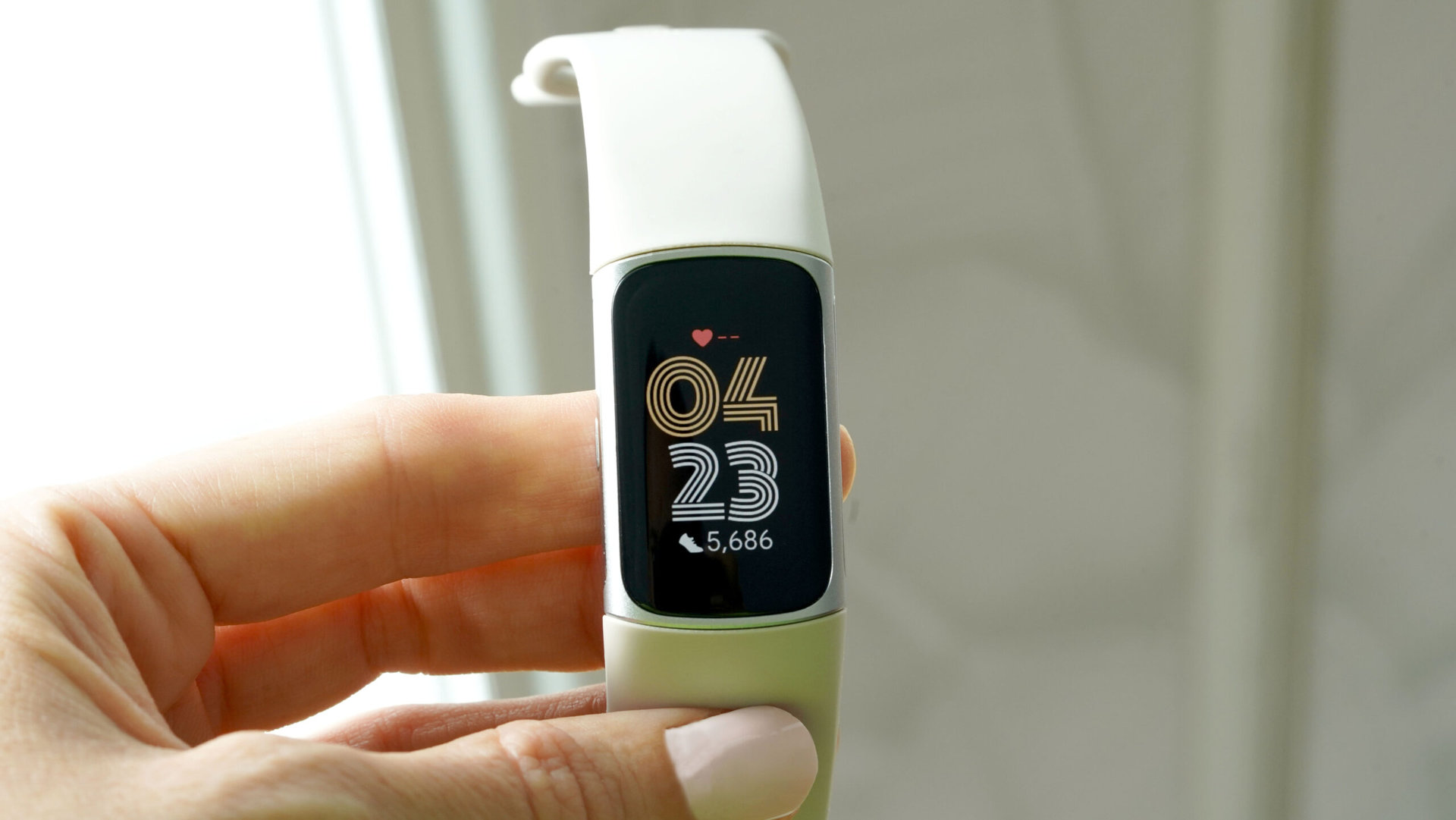
Oura Ring 4: The best smart ring for sleep tracking


- Flatter sensor bumps
- Titanium inner layer
- Long list of metrics tracked
- Excellent software experience
- Bulky, thick design
- Still scratches easily
- Not fully coated on some colorways
- Oura membership needed for most features
For accurate, in-depth sleep data in the most discreet form possible, the Oura Ring 4 is hard to beat. Worn on your finger like a piece of jewelry, it quietly gathers a full picture of your overnight health without lighting up your wrist or buzzing with notifications. Despite its size, it’s one of the most advanced trackers I’ve used, and its refined sensors and fantastic companion app make it one of my favorite picks.
Sleep tracking is where the Oura Ring excels, likely because it’s where the company started. The latest model tracks all the overnight metrics you need with impressive accuracy, including sleep stages, movement, HRV, and blood oxygen saturation. Yet, what sets the Ring 4 apart is how passively it works: there are no buttons, screens, or haptics to interact with. I absolutely love the break it offers from my more disruptive wearables. It simply tracks, syncs, and gives you thoughtful insights through the app each morning.
The jewelry-inspired device subtly tracks your metrics in the background, with impressive accuracy.
Much of the experience hinges on the Oura app, which is easily one of the most polished in the wearables space. It avoids the data overload that plagues some platforms, favoring a more holistic, adaptive approach. Instead of nagging you with step goals or rigid activity rings, Oura offers recovery and readiness scores that actually reflect how you’re doing, not just how much you moved. Over time, the app adjusts to your behavior and routines, giving insights that feel personal. I find that the longer I wear the ring, the more useful and accurate those recommendations become. The Ring 4 starts at $349, and to unlock its full potential, you’ll need a $5.99/month subscription. You can use the ring without it, but in my opinion, it’s not worth it without full access to the app’s features.
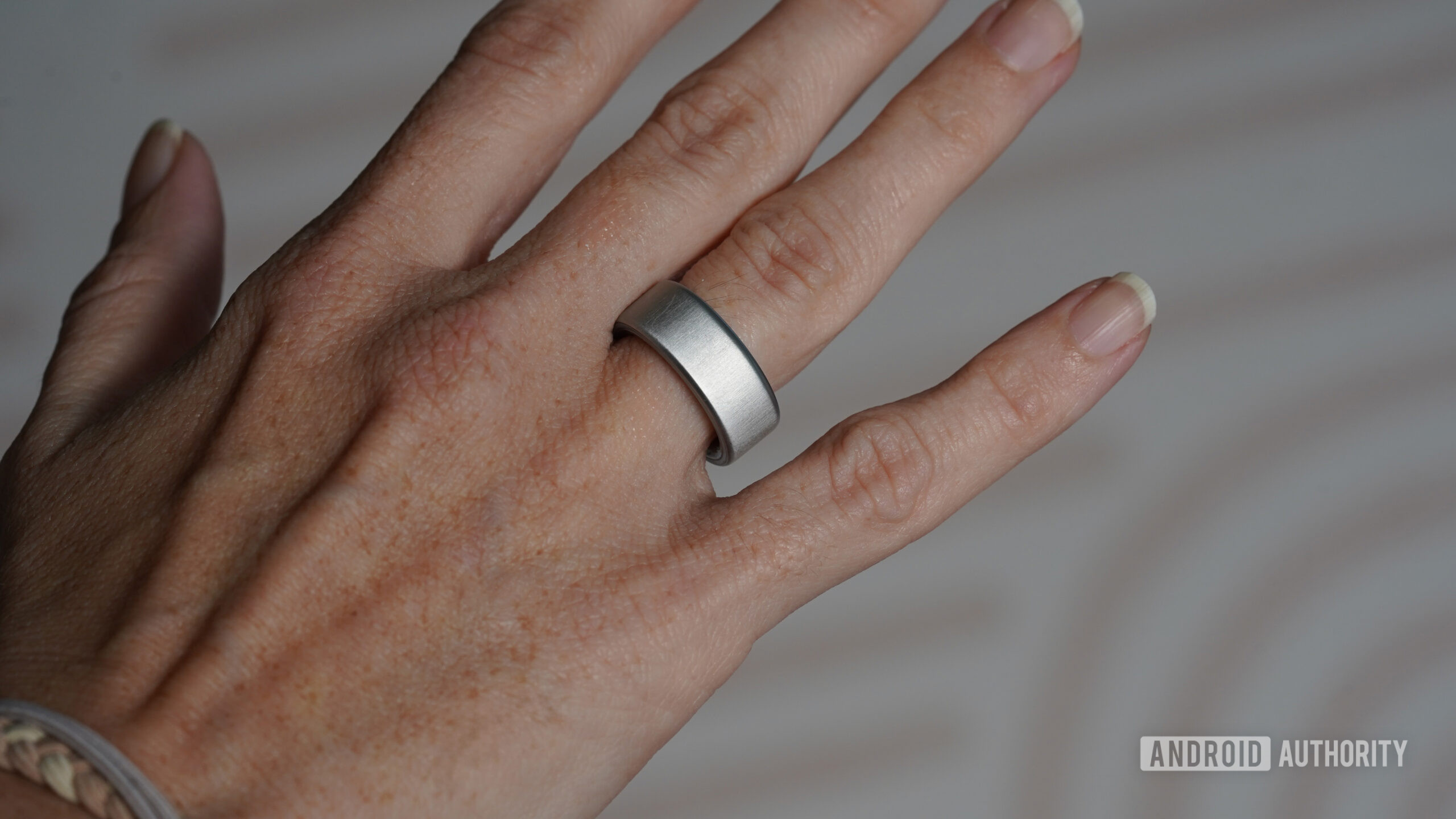
Fitbit Inspire 3: The best value sleep tracker
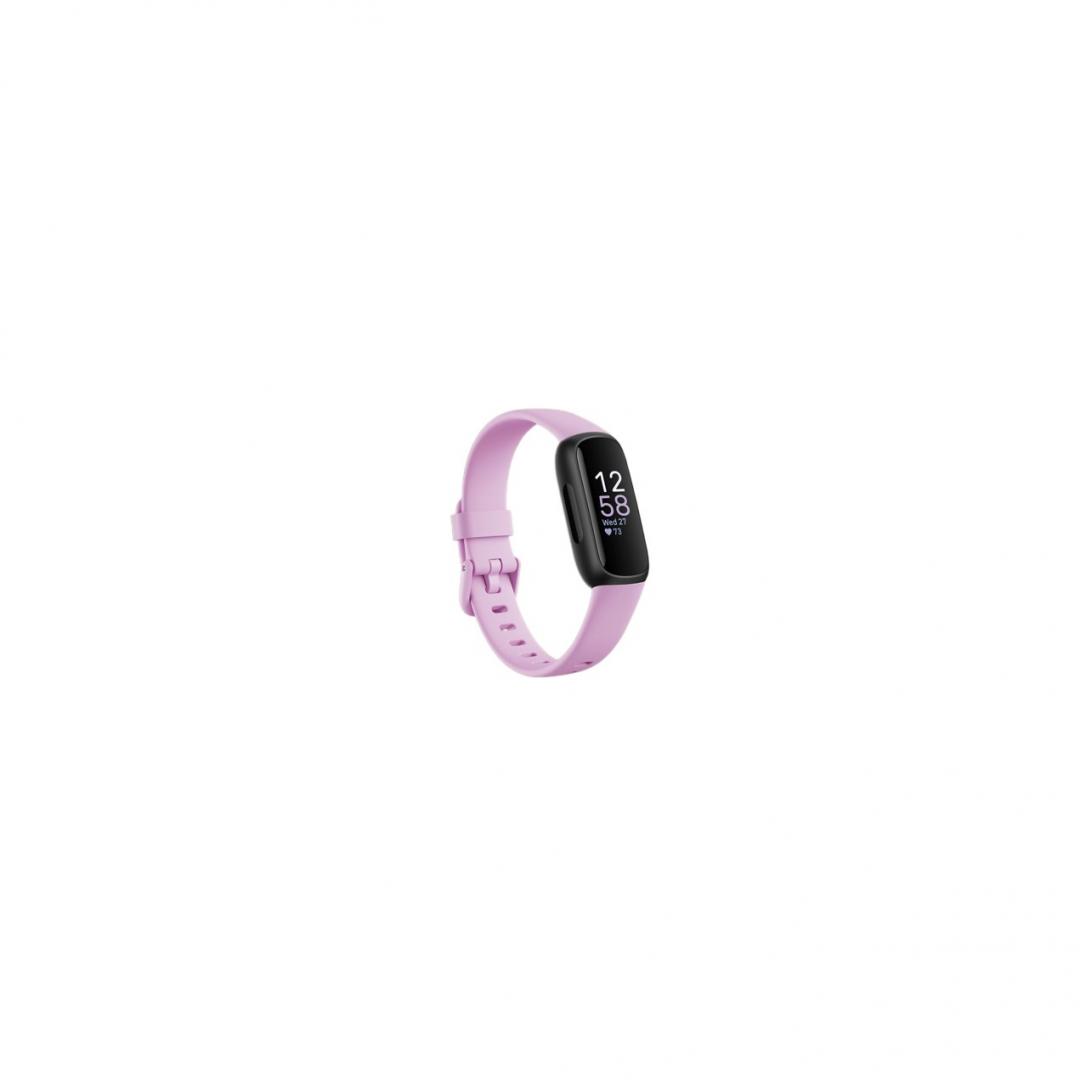
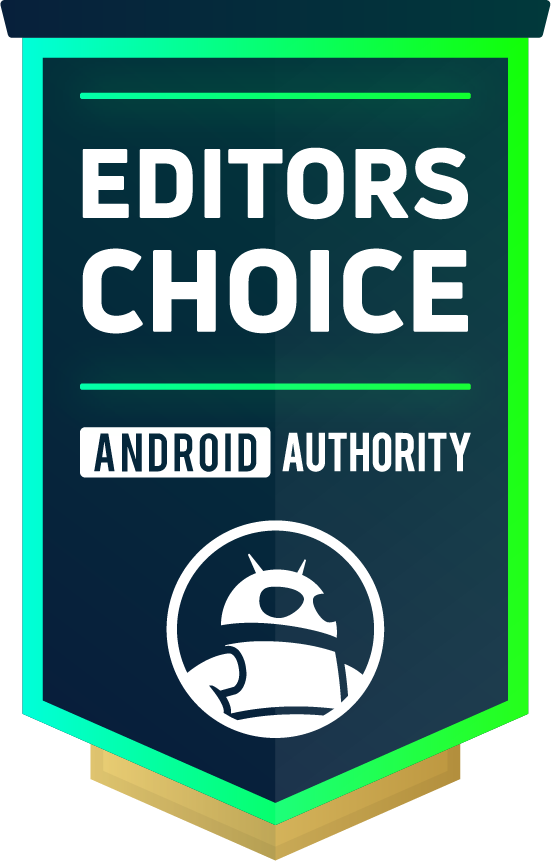
- Colorful screen with optional always-on display
- Incredible battery life
- Continuous SpO2 monitoring
- No NFC for digital payments
- Connected GPS only
- Fitbit Premium subscription required for full feature set
I’ve tested enough wearables to know that “affordable” doesn’t mean unreliable. If you’re looking for a lightweight, low-profile tracker that delivers excellent sleep data without a high price tag, the Fitbit Inspire 3 is my top recommendation. It may not offer all the bells and whistles of the company’s Charge 6, but it accurately tracks all major sleep metrics and does so from a comfortable form factor.
Like its more expensive sibling, the Inspire 3 tracks time spent in light, deep, and REM stages, plus periods of wakefulness throughout the night. It also assigns a nightly sleep score, which I found closely aligned with how I felt the next day. During my time with it, I was impressed by how consistently it performed, even while traveling and dealing with irregular sleep schedules. It even features Smart Wake alarms, which gently rouse you during a lighter stage of sleep. Meanwhile, the slim, lightweight tracker is very comfortable overnight and available with plenty of band options. If bulkier watches tend to bother you in bed, this is a great alternative.
Fitbit’s sleep data is among the most reliable I’ve tested and the Inspire 3 keeps that standard in a smaller, more affordable form.
Of course, the Inspire 3 isn’t just for sleep. It supports more than 20 exercise modes, tracks heart rate 24/7, and includes continuous SpO2 monitoring. It doesn’t have built-in GPS, so you’ll need to carry your phone for mapping workouts, but otherwise, it covers the fitness basics well. The color touchscreen is bright and easy to navigate, and automatic exercise recognition adds convenience for casual or spontaneous activity tracking. The best part is that it delivers a great entry-level package for under $100. It’s the best value sleep tracker I’ve tested and a great option for accessing Fitbit’s excellent sleep tracking in an affordable way.
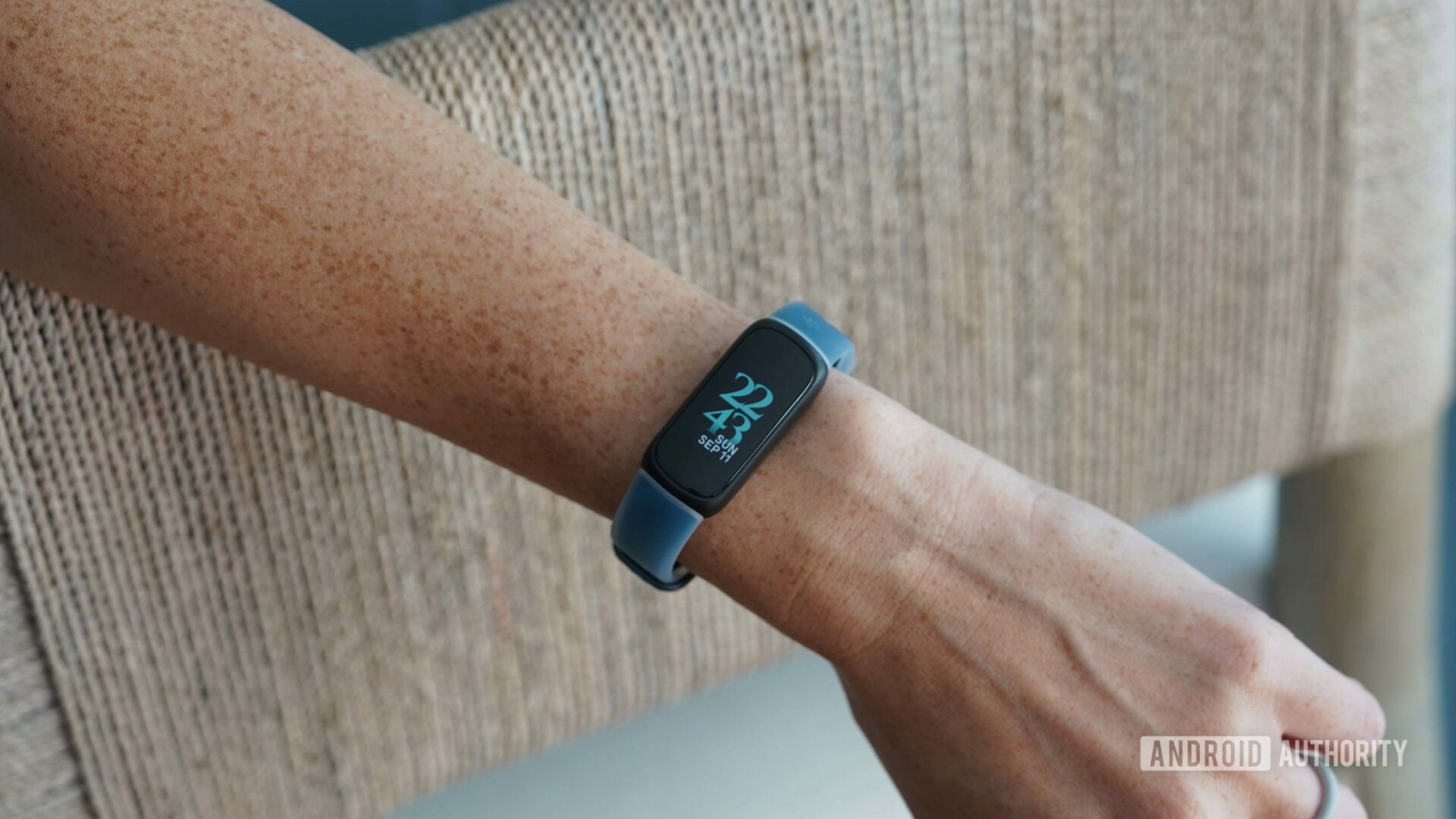
Whoop 4.0: The best screen-free sleep tracker


- Attractive, comfortable form factor
- No distracting display
- Provides useful recovery data
- Accurately tracks sleep
- Expensive, ongoing subscription fee
- No real-time workout metrics
- Doesn't offer digital payment support
Completely screen-free, the WHOOP 4.0 takes a different approach than most wrist-based wearables. The tracker strips things down to the essentials, focusing on sleep, recovery, and heart rate-driven strain. Similarly to a smart ring, it’s a device designed to work quietly in the background, and that intentional design makes it one of the most unique trackers I’ve used. The device is built for comfort, with a lightweight nylon band that makes it barely noticeable overnight, and its companion app is packed with useful analysis.
Rather than gamifying activity with step counts or calorie burn, the Whoop 4.0 uses 24/7 heart rate data to track daily strain and recovery. It takes into account everything from sleep quality to cardiovascular load, with the 4.0 model adding blood oxygen and skin temperature tracking for even more accuracy and usefulness. In-app tools like a comprehensive Journal feature also help you determine what factors may be affecting your sleep, from hydration or caffeine to alcohol, screen time, stress, and more. For me, tracking these factors consistently helps me draw clear connections between my habits and how I feel each morning.
If you can live without a screen, the WHOOP 4.0 offers a distraction-free sleep tracking experience.
The band also delivers multi-day battery life, offering a much more convenient charging schedule than most smartwatches or trackers. You can even charge it while it’s on your wrist, so you never need to interrupt your routine. The Whoop 4.0 hardware is “free,” but only with a $30/month membership, and you’re locked into a 12-month minimum to get started. It’s not my favorite payment structure, and it won’t be right for everyone. But if you’re serious about improving your sleep, performance, and overall wellness, the WHOOP 4.0 is a very solid distraction-free device.
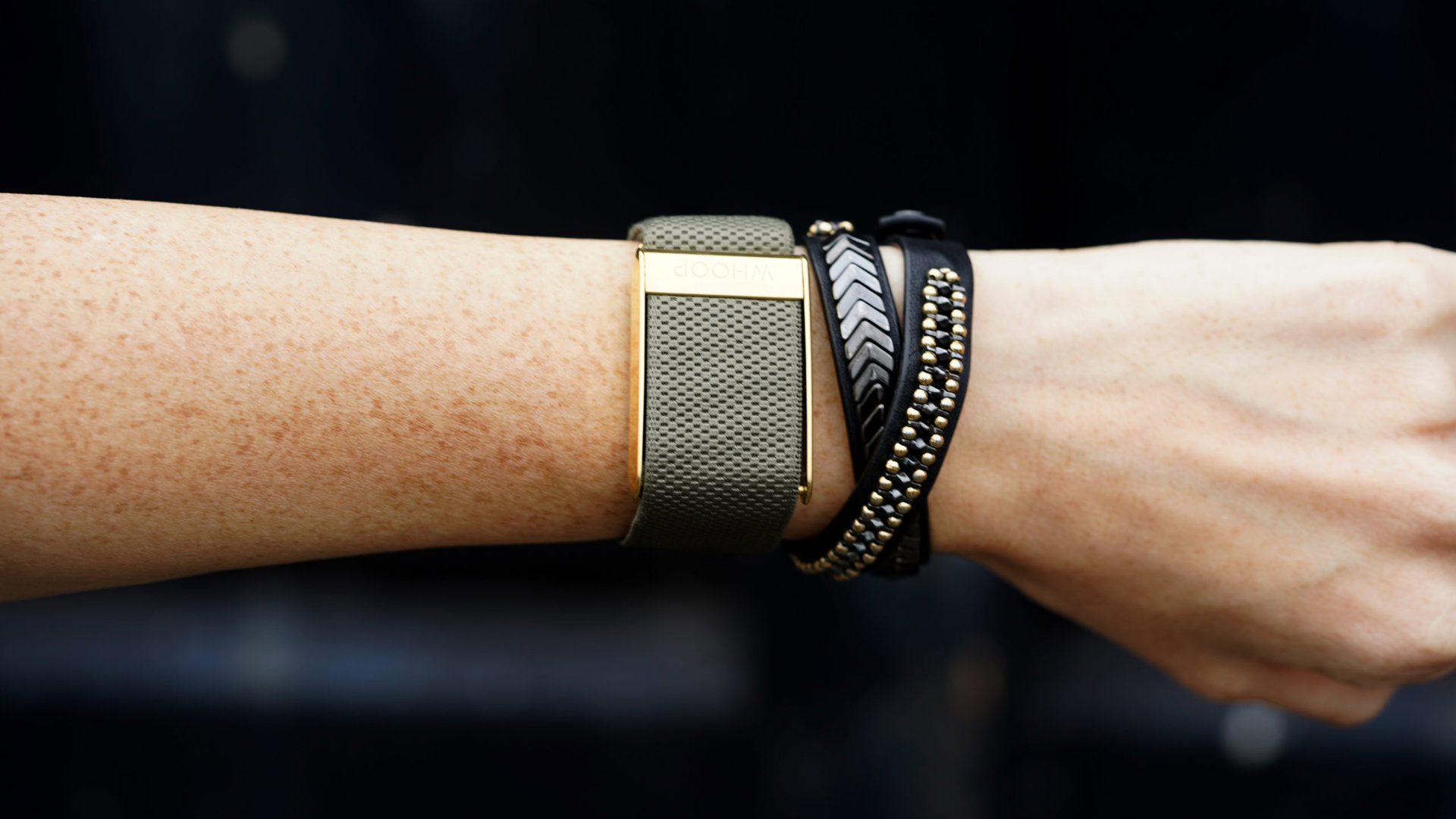
Withings Sleep: The best non-wearable sleep tracker


- Detailed stats
- Sleep apnea tracking
- Hands off sleep tracking
- Not accurate for naps
- Syncing can be slow
I’ve worn and grown to love all kinds of sleep tracking accessories, but sometimes the best option is a set-and-forget one. The Withings Sleep is my go-to pick for anyone who wants accurate, detailed sleep tracking without wearing anything at all. It’s a smart sensor pad that slips under your mattress and quietly tracks your sleep from below. Once I installed mine, I didn’t have to think about it again, and for a hands-off experience, the insights it delivers are impressively comprehensive. In my testing, the Withings Sleep tracked all the core sleep metrics with reliable accuracy and offered useful bonus tools as well.
Withing makes highly reliable watches that easily could have made this list, but the company’s sleep pad offers a unique avenue to better sleep. The hardware itself is incredibly thin. I genuinely can’t feel it beneath the mattress, and the one-time setup is quick and painless. There’s nothing to wear, no battery to charge, and no data to manually log. Plus, the Withings Sleep also packs extra sensors you don’t typically find in wearables. The pad includes a built-in microphone to detect breathing disturbances and flag signs of sleep apnea. While I didn’t trigger any alerts during my review, I appreciate having a passive monitor watching for potential red flags.
The Withings Sleep delivers powerful insights without asking you to wear a thing.
Each morning, I open the Withings app (available on both Android and iOS), and my night’s sleep is broken down into a sleep score, stage graphs, and practical tips. If I want, I can export my data as a PDF. The mat can also be linked to my other smart home platforms to create personalized bedtime routines. I set mine to dim the lights, adjust the thermostat, and shut off notifications when I get into bed, and it’s made my wind-down process a lot smoother. For a no-fuss, ultra-discreet sleep tracker that still delivers top-tier insights, the Withings Sleep is hands-down the best nonwearable option I’ve tested.
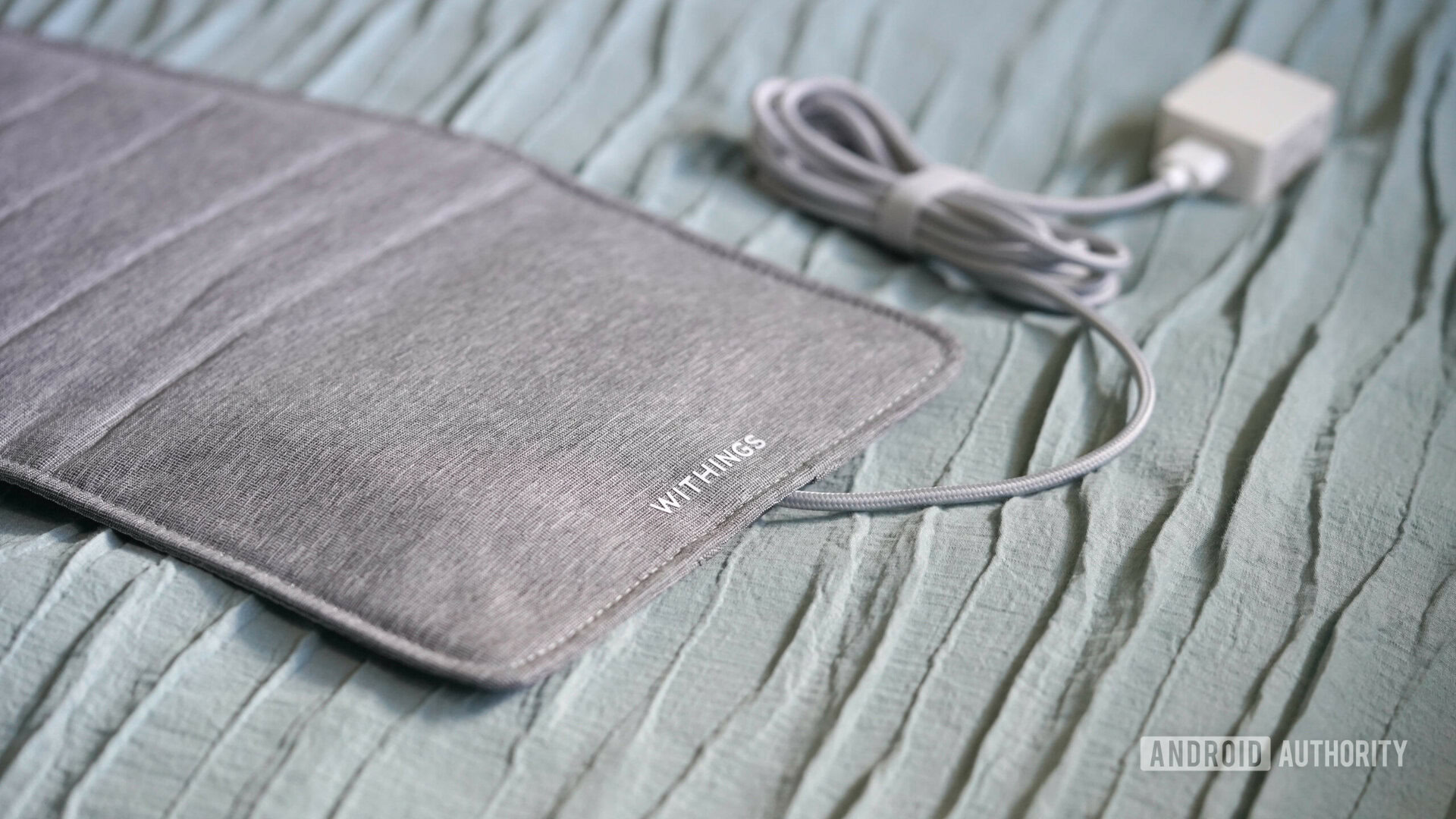
Apple Watch Series 11: The best sleep tracking smartwatch for iOS users
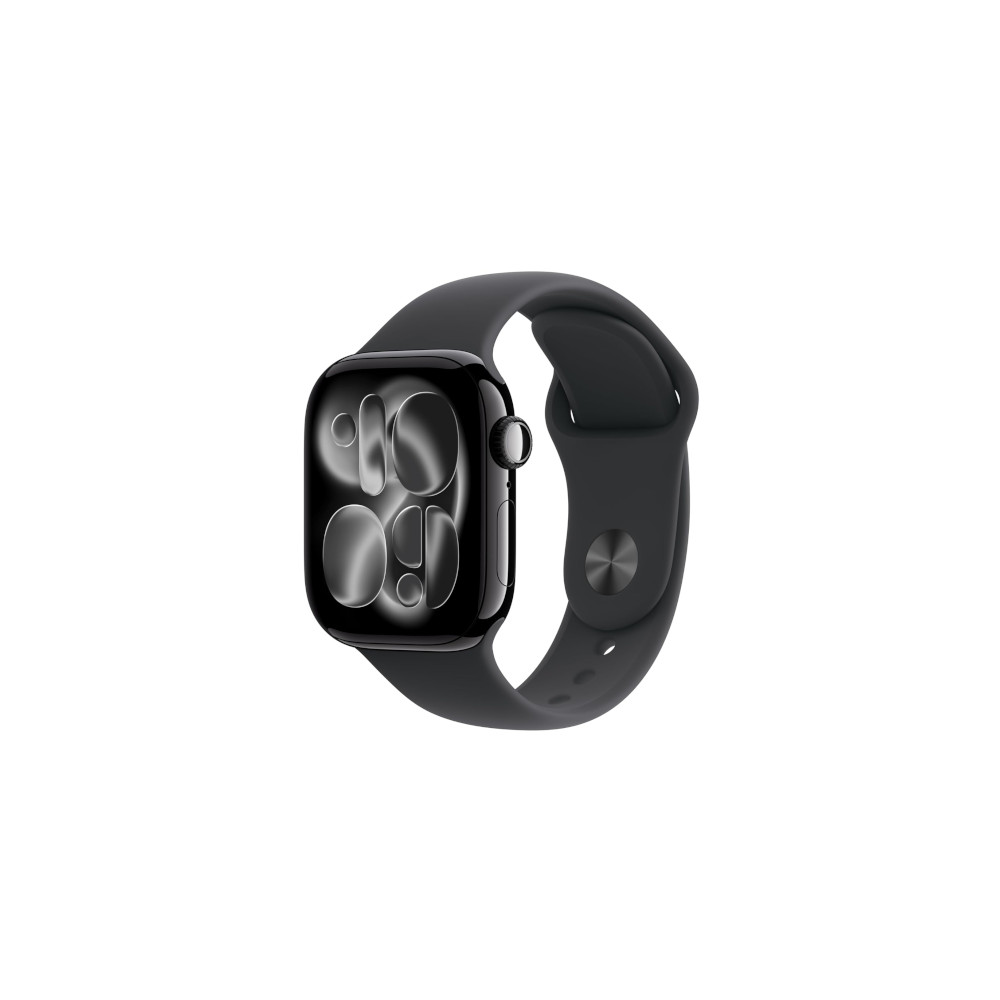

- Finally features a 24-hour battery life claim
- Improvements to fast charging
- Tougher glass on aluminum models, sapphire on titanium
- watchOS 26 delivers UI refinements and Wrist Flick gesture
- Smarter workout layouts and media integration
- Hypertension notifications and Sleep Score
- Design is nearly unchanged
- Workout Buddy AI coach is polarizing (and doesn’t pause audio)
- Battery is better but not multi-day except in Low Power Mode
- Sleep Score may be simplistic for some
iPhone users after the best smartwatch for sleep tracking need look no further than the Apple Watch Series 11. While Apple wasn’t always a strong player in the sleep space, the last few years of updates have dramatically shifted the brand. The Series 11 now offers consistently accurate overnight data and a daily sleep score for greater accessibility. I’ve regularly worn Apple Watches to bed for years, and after time with the Series 11, it’s very clear how far the platform has come. Meanwhile, it still packs flawless iPhone integration and top-tier health and fitness features.
Most importantly, the watch tracks sleep stages, heart rate, and time in bed with very solid accuracy. It also streamlines bedtime with automatic syncing and sleep mode. Once my iPhone’s Wind Down kicks in, the watch silences alerts and dims the display. It’s comfortable enough to forget I’m wearing it, and in the morning, I can easily check my score, which focuses most on the restorative properties of sleep. The value is determined by key factors like sleep duration and bedtime consistency, and interruptions.
The Apple Watch is the only smartwatch I trust for both detailed sleep data and a top-tier iPhone experience.
However, what gives the Series 11 an edge over other iOS-compatible wearables is that it doesn’t stop at sleep. Apple’s sensor suite is one of the best in the business, and I’ve had fantastic results testing its GPS, heart rate, SpO2, and temperature data. It’s also a full-featured smartwatch and fitness tracker with tools for workouts, mindfulness, and on-wrist communication. Though battery life still isn’t great, the Series 11 did finally get the bump we’ve been waiting for. It now claims up to 24 hours on a single charge, and stretched well beyond that during my review.
If you want all this and the extra bells and whistles, the Apple Watch Ultra 3 ($914 at Amazon) is an equally powerful sleep tracking watch for iPhone users, but when you factor in value, the Series 11 is the better choice.

Google Pixel Watch 4: The best Wear OS smartwatch for sleep tracking


- Larger, secondary case size
- Multi-day battery life
- Added wellness features, including advanced running metrics
- Refined integration with Pixel phones and Google services
- Accurate heart rate tracking
- Runs Wear OS 5
- GPS unimproved from Pixel Watch 2
- Inconsistent total distances
- Higher price than GW7 (but worth it)
Android users looking for the best sleep-tracking smartwatch should strongly consider the Pixel Watch 4. The watch offers a unique blend of wellness tracking and smart features, including Google’s latest toolkit. Most significantly, because Google owns Fitbit, it combines a top-tier smartwatch experience with the best of Fitbit’s industry-leading sleep platform. For overnight details, it’s my favorite combination of sensor accuracy, approachable companion app, and comfort.
While you sleep, the Pixel Watch 4 tracks time spent in light, deep, and REM sleep, alongside heart rate variability, restlessness, and breathing patterns. In the morning, it provides clear, usable data in the Fitbit app, plus a helpful Morning Brief directly on the watch face. Users get access to Fitbit’s standout tools, including Sleep Score, sleep animals, Readiness Score, and even nap detection. It also features ECG, SpO2, skin temperature tracking, and tools like Cardio Load and Target Load for a complete picture of recovery and activity. With one of the best heart rate sensors I’ve tested on board, this isn’t just a sleep tracker; it’s a full-time wellness companion.
The Pixel Watch 4's built-in Fitbit platform and reliable sensor accuracy make the Pixel Watch 4 the best sleep‑tracking Wear OS watch.
It also boasts Google’s most polished smartwatch platform to date. Outside of sleep tracking, the watch handles everything you’d expect from a flagship smartwatch, with seamless access to Gemini, Gmail, Calendar, Maps, and YouTube Music. All of these tools and more run smoothly on the latest Wear OS, which also offers better power efficiency this generation for extended battery life.
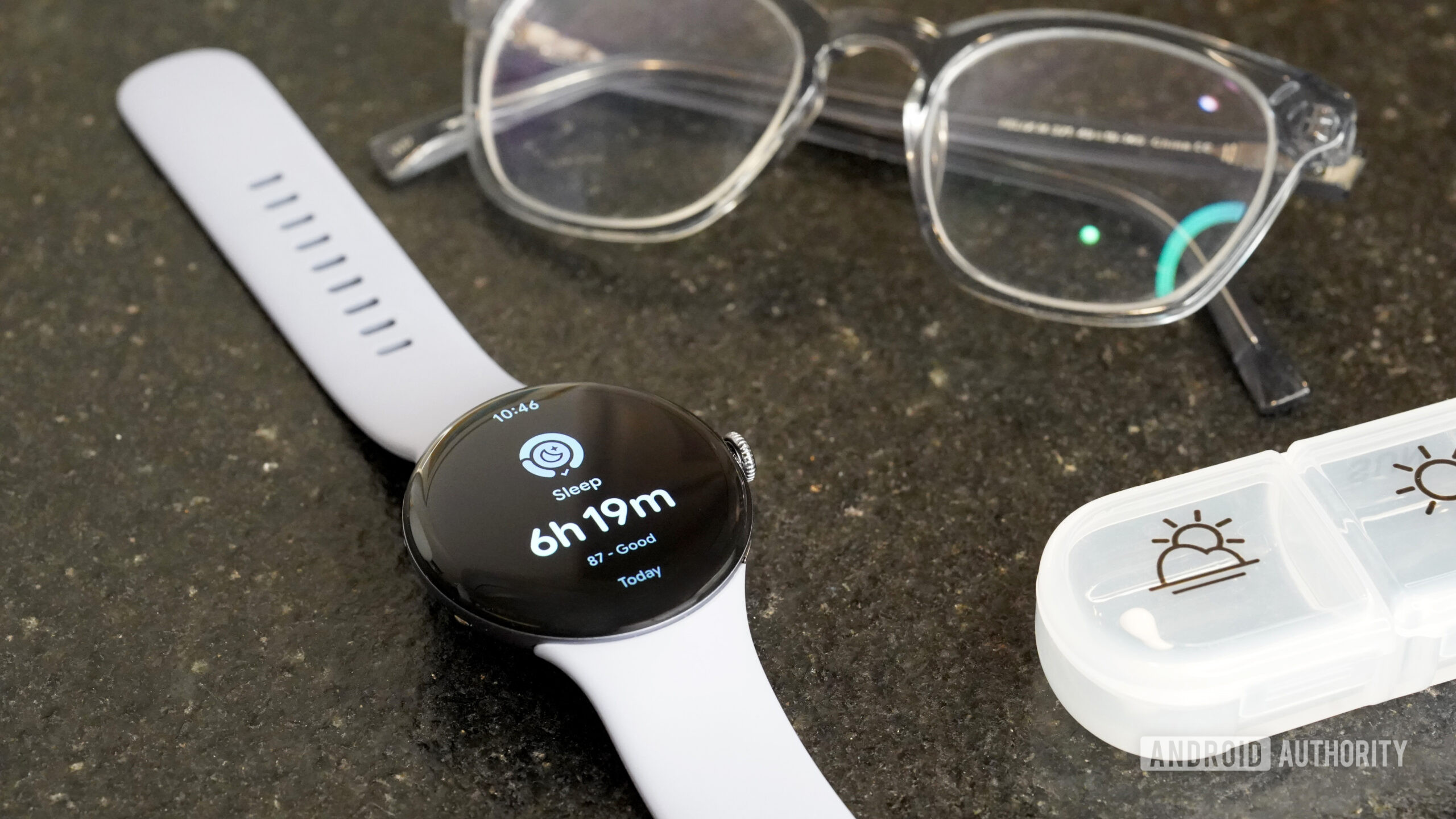
Honorable mentions
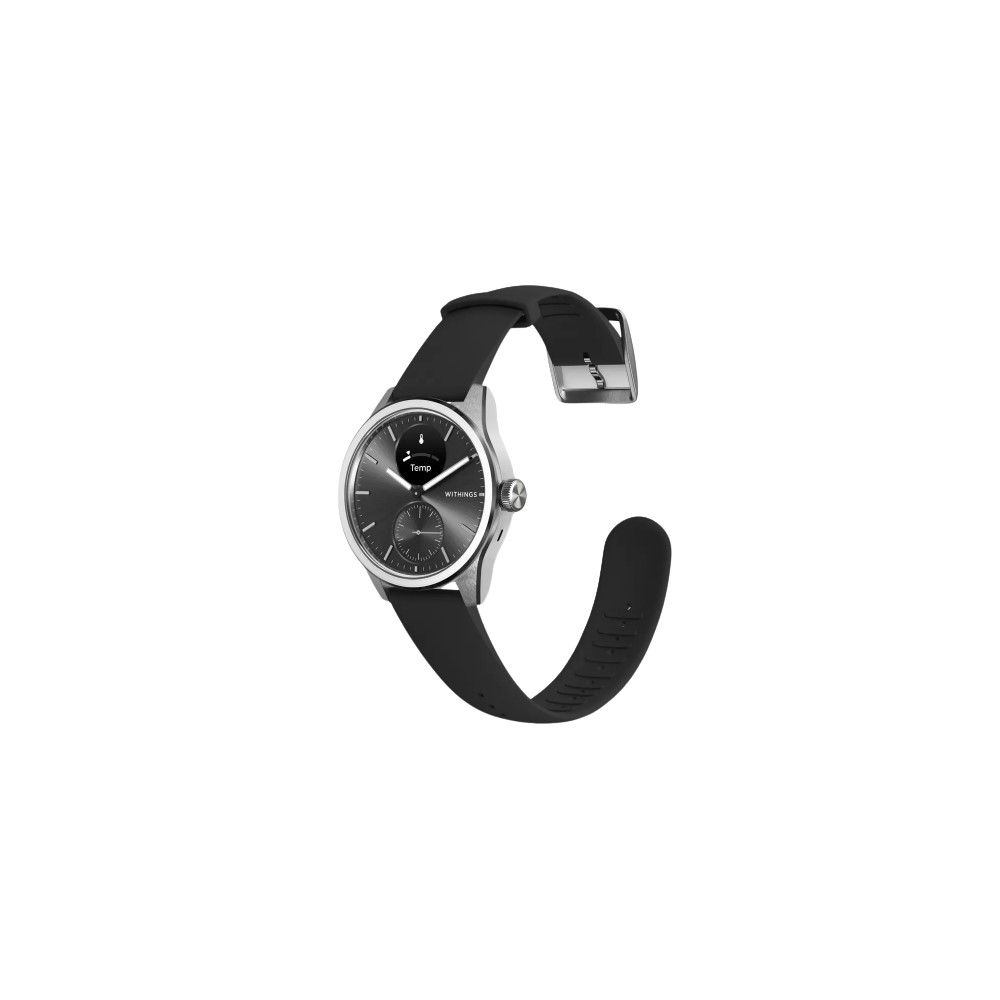

Uniquely subtle and attractive, the Withings ScanWatch 2 is the best hybrid smartwatch for detecting sleep apnea. The second generation introduces even more key features to the already powerful lineup while still providing nearly month-long battery.

Another unique form-factor to consider, the Philips Sleep Headphones are a great pick for anyone who prefers audio to lull them to sleep instead of detailed tracking. Paired with the Kokoon app, they offer basic sleep insights and soothing soundscapes, plus the freedom to play your own content like audiobooks or white noise


Garmin’s top smartwatch, the Venu 4, is one of the company’s best picks for sleep tracking, combining in-depth overnight data, automatic nap detection, and personalized sleep coaching, all powered by Garmin’s robust health platform. It also doubles as a powerful training tool with advanced fitness metrics, accurate GPS, and even on-wrist calls and voice assistant support.
For Garmin smartwatch users and beyond who don’t want to wear a watch to bed, the Garmin Index Sleep Monitor is another worthwhile option that takes tracking off your wrist. While it’s pricey, it delivers accurate, reliable data, a lightweight, comfortable fit, and solid battery life.
What to look for in a good sleep tracker
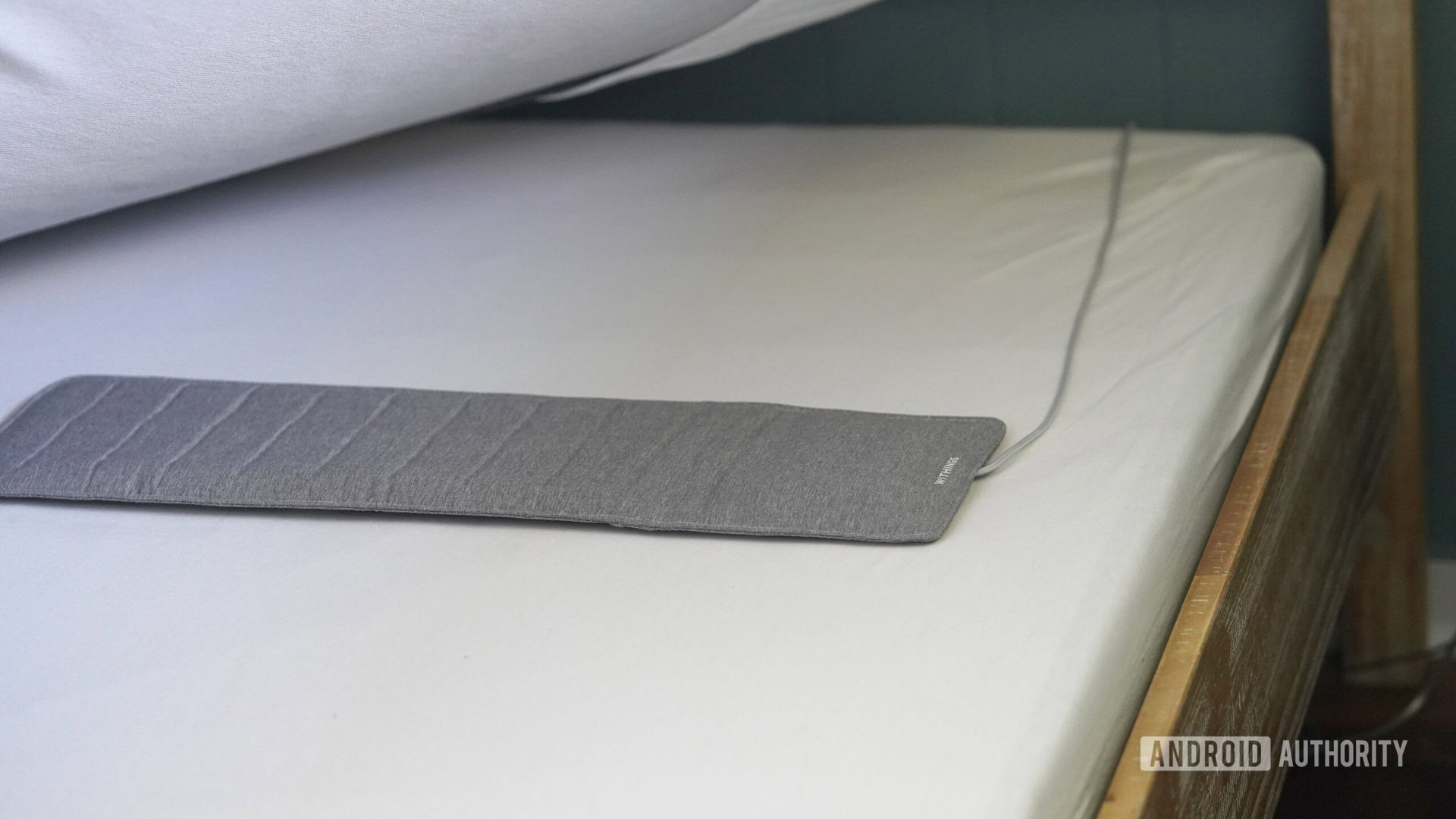
Tracking your sleep is one of the most effective ways to better understand how your body functions and to improve your health, recovery, and performance. But with so many options, the key is finding a device that fits your lifestyle, sleep habits, and budget. Start by identifying the overnight metrics that matter most to you. Most sleep trackers monitor your sleep stages (light, deep, REM), total time asleep, and nighttime disruptions. Others go deeper, tracking heart rate variability (HRV), breathing patterns, and oxygen saturation. Many also offer daytime tools ranging from basic wellness tracking to full-fledged smartwatch features.
A sleep tracker is only useful if you're actually willing to wear (or use) it every night.
If you already use a smartwatch or fitness tracker, check if it supports sleep tracking to avoid adding another device to your routine. Don’t want to wear anything to bed? Look into non-wearable options like under-mattress sensors or bedside monitors that collect data without touching your body. The most important thing is consistency. A tracker only works if you use it regularly.
Many of today’s best sleep trackers also offer useful bonus features. Some include smart alarms to wake you during light sleep, or smart home integration to help create a sleep-friendly environment. Others double as wellness hubs, with tools for stress tracking, recovery, and fitness goals. Before you shop, think about what extras will genuinely help you improve your sleep and overall well-being. Consider the points below before shopping.
- Comfortable form factor: Choose a design you won’t mind using nightly, whether that’s a watch, ring, or an invisible mat under your mattress.
- Depth of data: Do you just want a general sleep overview, or deeper insights like HRV and sleep stage breakdowns? Think through what metrics matter to you.
- Accuracy: Trusted platforms like Fitbit, Oura, and Garmin typically offer reliable data that you can actually act on. Don’t settle for a device that can’t deliver.
- Price: Great sleep tracking doesn’t have to be expensive; there are solid options across every budget.
- Companion app experience: Your tracker is only as useful as the app that explains the data. Look for clear visuals, actionable tips, and long-term trend tracking.
- Wellness and activity tracking: Many sleep trackers also monitor your workouts, stress levels, and daily movement. If you want a single device for round-the-clock health insights, prioritize models with robust fitness and recovery tools.
- Smart features: From voice assistants to smart alarms, think about which bonus tools you’ll actually use day to day.
Why you should trust me
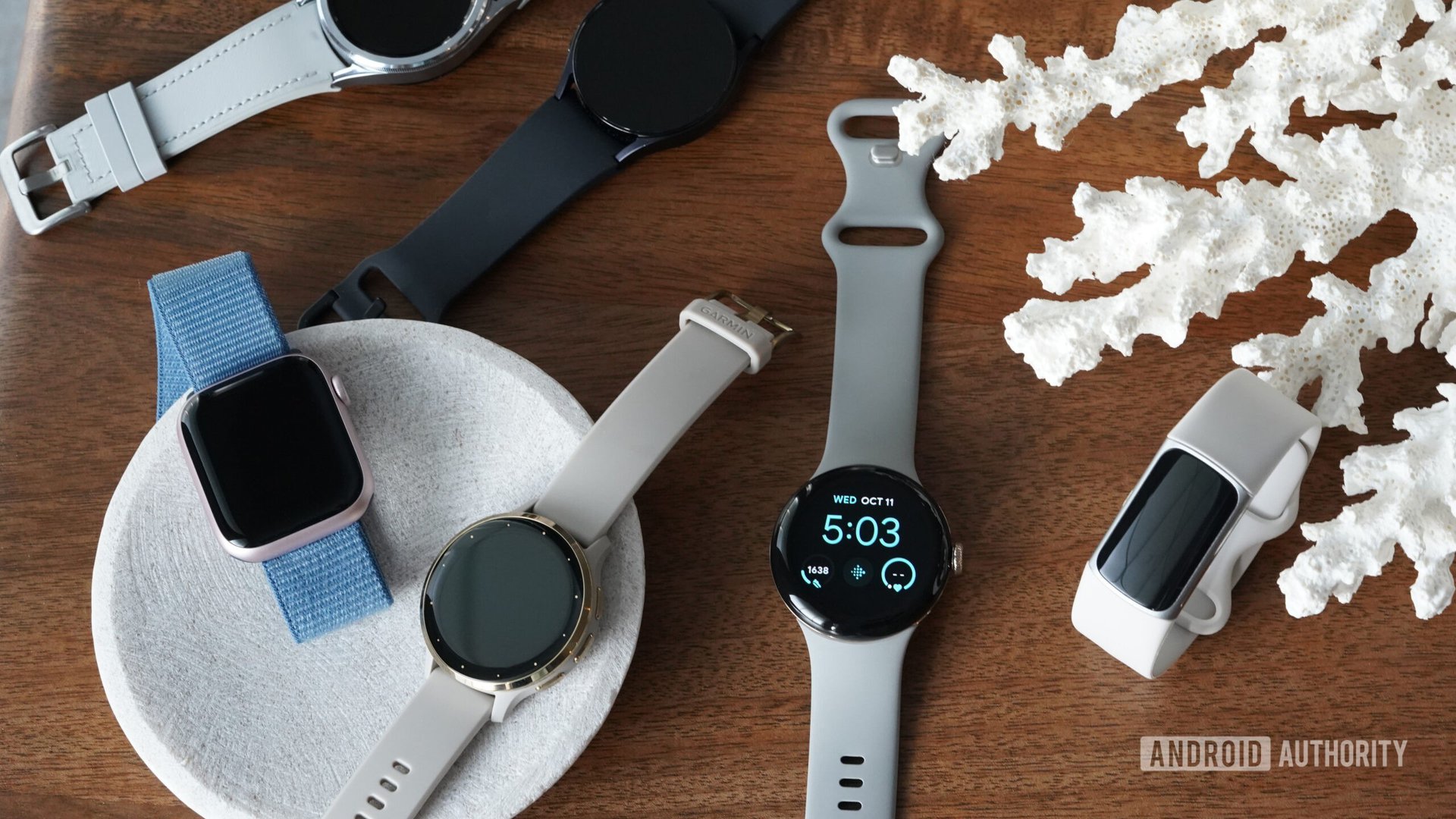
I’ve tested and reviewed a wide range of sleep trackers for years, from wristbands and smart rings to under-mattress pads and everything in between. My experience spans dozens of devices, including the ones discussed here. Through exposure and testing, I’ve developed a deep understanding of what makes sleep trackers both accurate and genuinely useful. I don’t just look at measured stages and wake times. I also test each product in real-world conditions, assessing comfort, sensor precision, data reliability, and how actionable the garnered insights truly are.
I've taken dozens of sleep trackers to bed and finely honed my process for testing the devices.
In short, my review process is rooted in practical use. I wear the devices consistently, often alongside trusted reference tools to verify accuracy. I experiment with varied sleep patterns and environments to see how the trackers perform under different circumstances. Then, I evaluate how well companion apps present data and support behavior change. Accuracy without usability means little in the real world, and I only recommend devices that offer actual usefulness for the average shopper.
What do you look for in a sleep tracker?
Typically, I spend at least a week with each device to gather meaningful data, but I often extend this to several weeks or months for a more comprehensive picture. Sleep in particular can be a finicky metric to record, and I do my best to cover everything from restful nights to late ones, plus cat naps, restlessness, and everything in between. After each initial review, I continue revisiting devices and platforms to track software updates and new features, ensuring my assessments remain current and reflect ongoing improvements in the industry as a whole.
Thank you for being part of our community. Read our Comment Policy before posting.

